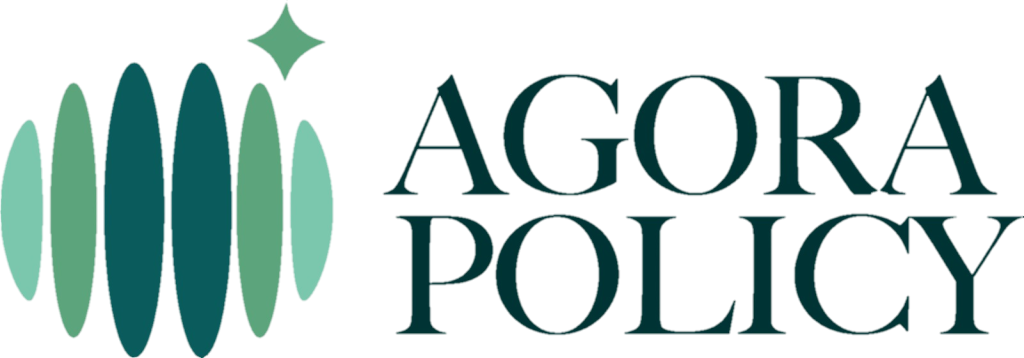Policy Note

- Details
- Policy Note
By Kabir Adamu | Nigeria’s governing All Progressives Congress (APC) has been prioritising the task of improving national security since it won federal elections for the first time in 2015. However, after almost nine years of steering the affairs of Nigeria, the party is yet to fully tame the scourge of insecurity, which remains a critical challenge to the country and its citizens.

- Details
- Policy Note
By Babajide Fowowe | The implementation of Nigeria’s landmark petroleum law has translated to an odd situation: NNPCL is better off in terms of revenues while the Federation is significantly worse off. This needs to be urgently addressed.

- Details
- Policy Note
By Babajide Fowowe and Mohammed Shuaibu | The fiscal policy reforms initiated by the President Bola Tinubu Administration have been geared towards addressing the legacy challenges of underperforming revenue inflows, inefficient spending, and high debt service payments.


